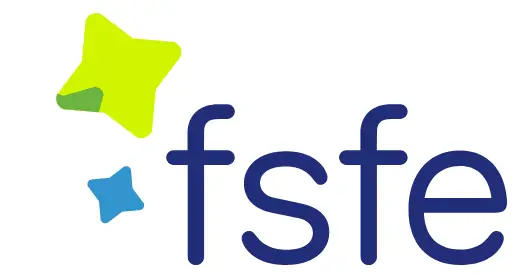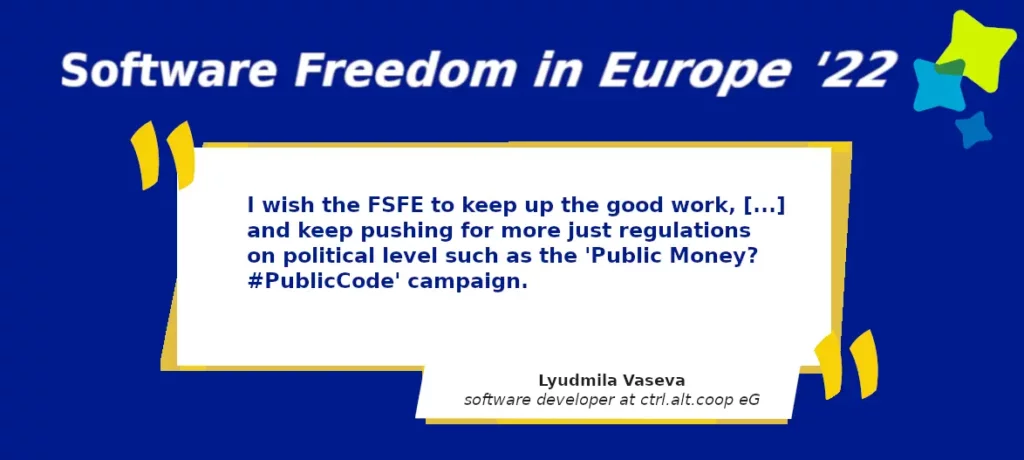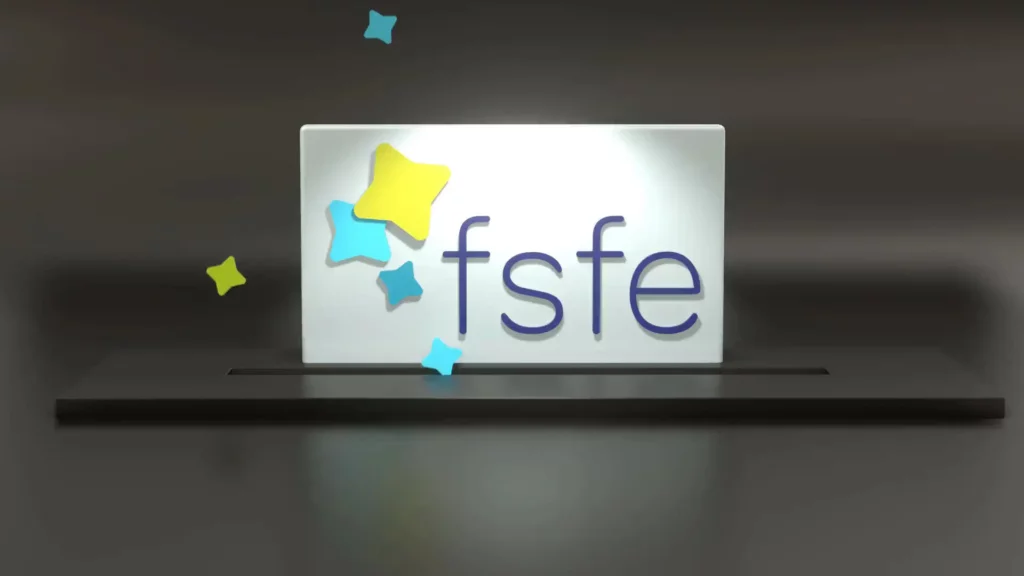The public-sector’s software vacuum

- Software publishers should adopt open-source for publicly-funded code.
- European pressure group’s camapign gathers momentum.
Many of the benefits our taxes pay for are for everyone, including ourselves, to use. Roads, street lighting, police forces, public transport, and a thousand more everyday necessities are provided by governments and funded by the direct and indirect taxes we all pay every day.
So why should software and software publishers be different? That’s the question posed by the Free Software Foundation Europe in its Public Money? Public Code! campaign that it’s running right across Europe.
The thought behind the campaign is very simple: if taxpayers pay for software commissioned by governmental bodies, that software should be open for everyone to use.
At a time when public budgets are tight and contracting, public institutions are positively encouraged to share resources, minimize expenditure and not duplicate existing infrastructure.
It seems odd, therefore, that one local authority can commission software from the private sector, for example, but should a neighboring authority want similar services, they too have to spend their citizen’s data to get a similar, if not identical, outcome.
The FSFE’s campaign is pushing for software developed on the taxpayer’s account to be open to all to copy, redistribute and re-use. By procuring software that is released under open-source licenses, all taxpayers benefit.

Source: FSFE
Why open code, ask software publishers
Open-sourcing public software projects massively lowers the costs to the taxpayer. Instead of five municipalities each paying for the development of, for example, a smart public transport timetabling platform, it could be commissioned once and then shared. Individual municipalities could, if they wanted, pay a little more for the code to be right-sized for their specific use cases, but essentially, software procurement costs fall for everyone.
Currently, the ethos of resource-sharing and cost consciousness seems to stop at the point of procurement, where multiple public sector bodies all have to pay the private sector piper.
In the public sector’s IT space, many look to the cloud to operate more efficient and cost-conscious services to the citizen. SaaS provisions from software publishers, it is said, provides ready-made solutions to many of the needs of the public sector. Using these services is cheaper than developing from scratch and cheaper than paying in-house developers and hardware costs for on-premise solutions. But taxpayers’ money ends up paying large private sector companies multiple times. The cloud may offer some savings over legacy solutions, but such savings are pitiful compared to those available if the FSFE’s campaign were to gain more traction.
The arguments against open-source in this context tend to focus on job creation and the positive financial effects of the public sector commissioning software that delivers services. However, there are no local positives for a local government or town council: money flows to large municipalities where the big tech companies have offices, or worse, overseas.

Source: FSFE via Mastodon.
Civil society organizations, developers, technologists, and activists across the continent have signed an Open Letter to attempt to convince local and national lawmakers of the savings and benefits of public code. As is often the case with FOSS and technology above a certain level, the FSFE’s role is partly educative in this campaign. It’s easy to equate something “free” with something of no value.

Defining open-source
But “free” in this context, and the FSFE’s title, refers to “free” as in “freedom to see, redistribute, copy and improve.” Once that distinction is made, the economic arguments for Public Money? Public Code! are unassailable.
The public sector is one of the big purchasers of IT and software today from hardware vendors and software publishers, with up to 27% of software companies’ revenue coming from the sector. That type of financial weight can change practices locally and nationally, delivering huge savings for citizens who, like their governments at all levels, are experiencing tough economic times.
This campaign makes sense to any technologist aware of the transformative nature of open-source software. It must make sense to accountants in your local city hall, too.








